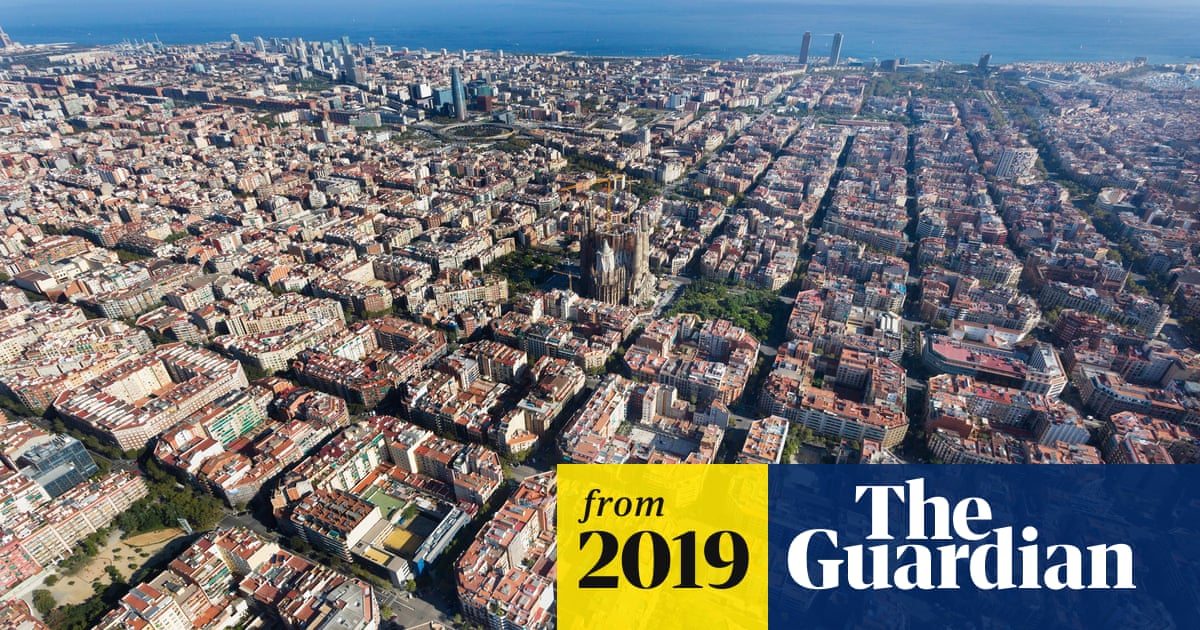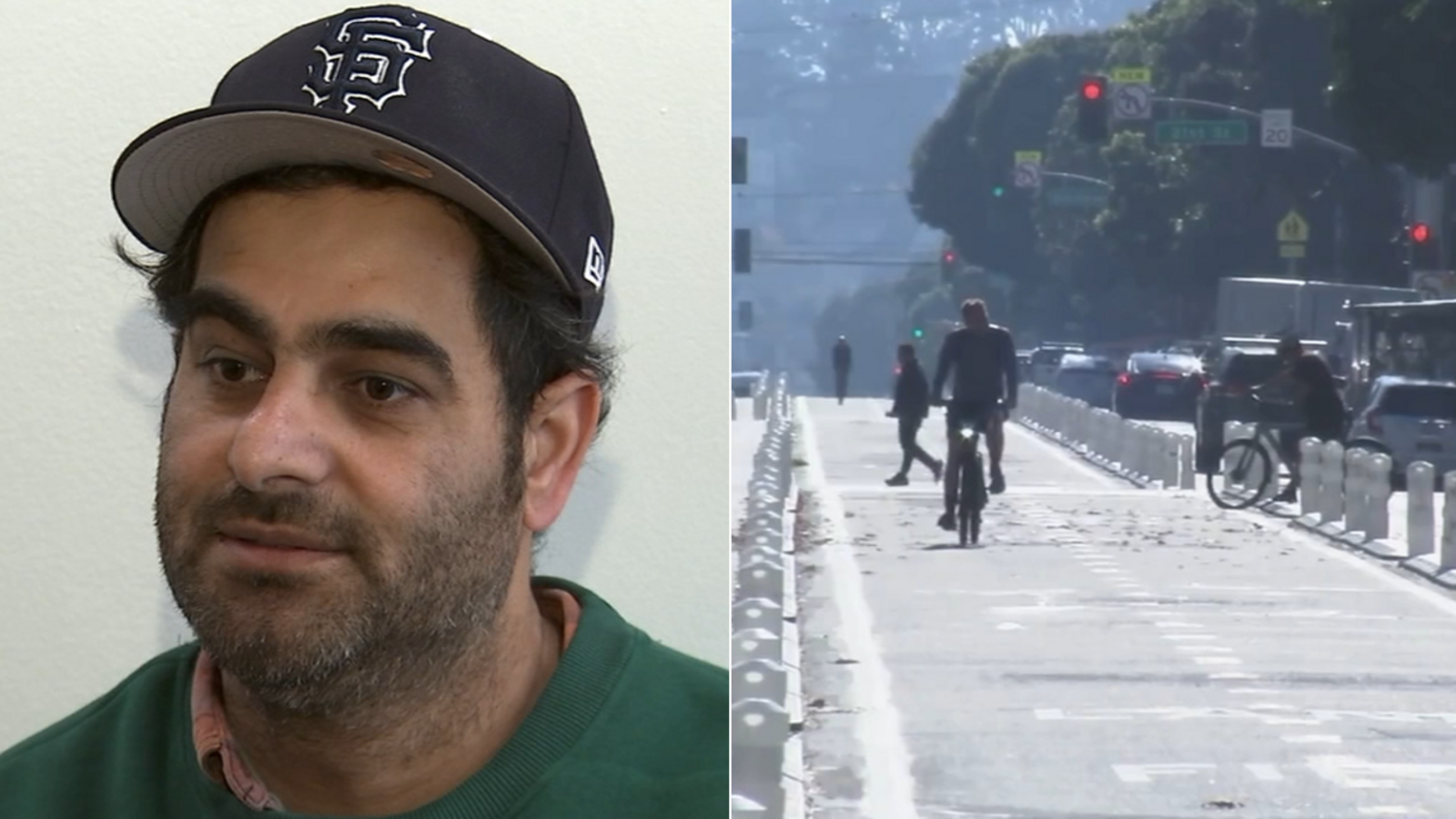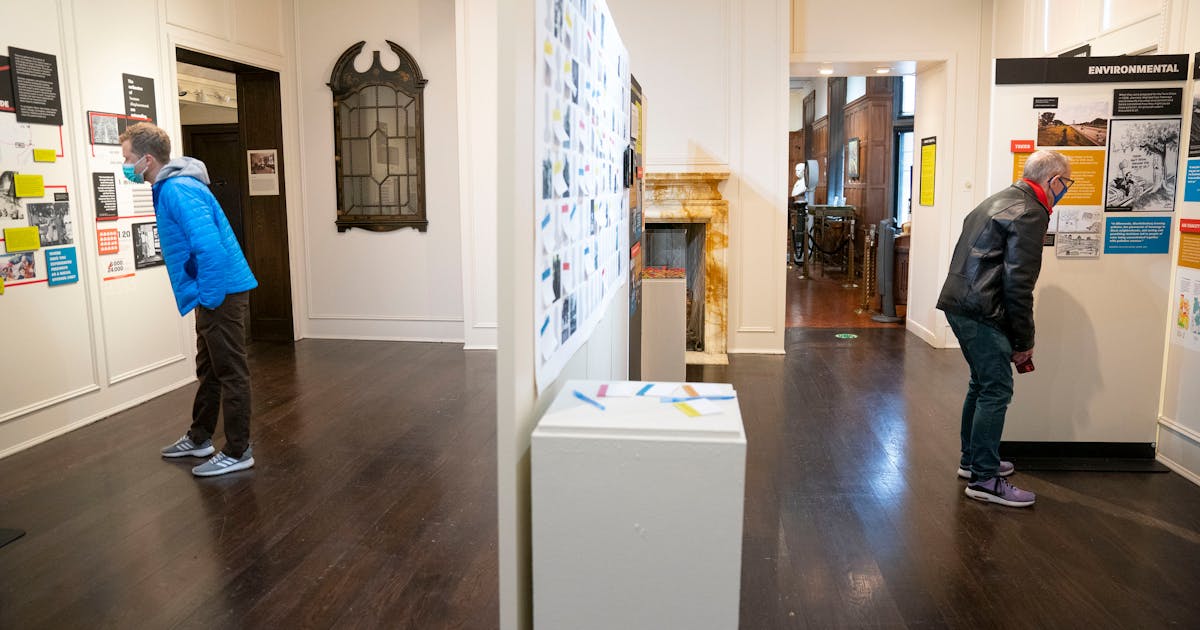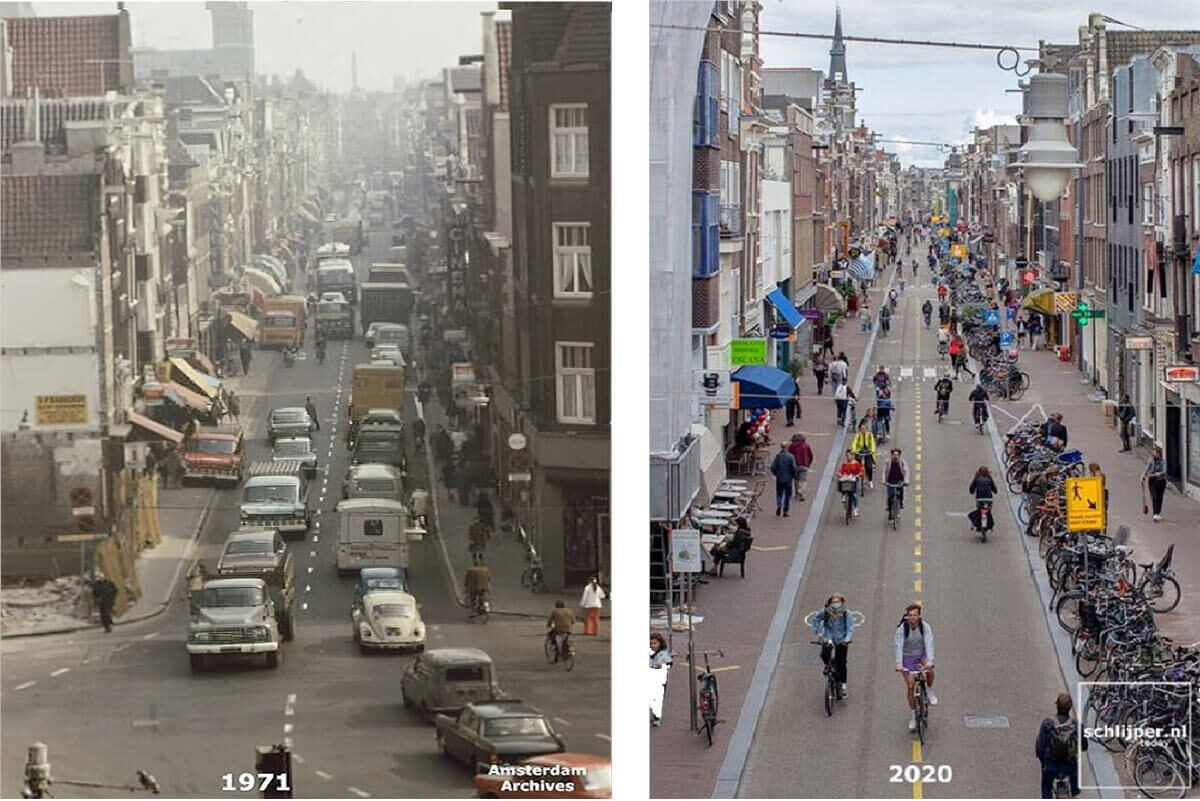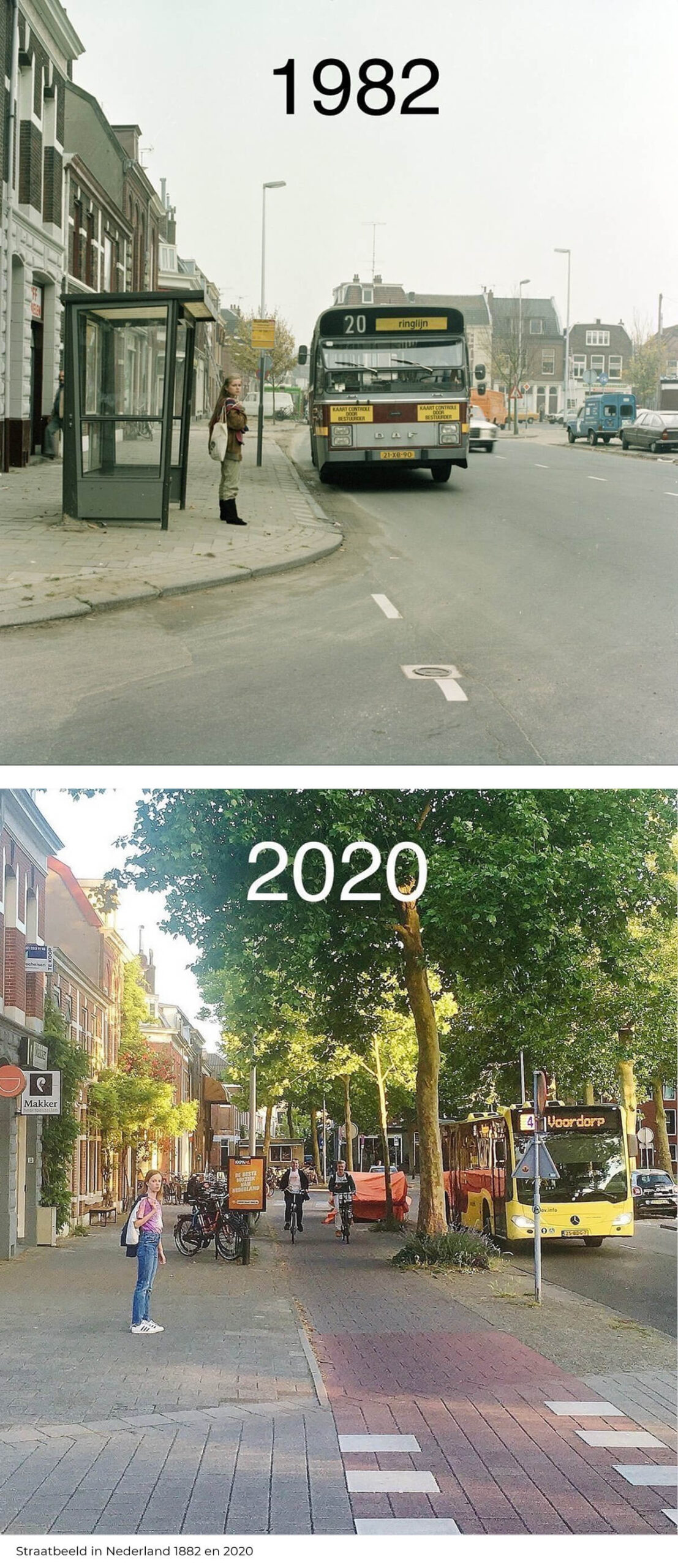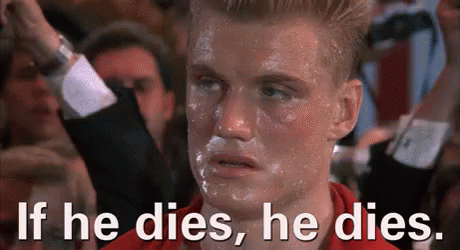In the 1970s a nation confronted a crisis of traffic deaths, many of them deaths of children. Protesters took to the streets to fight an entrenched culture of drivers who considered roads their domain alone. But this wasn't the U.S.—it was the Netherlands. In 1975 the rate of traffic deaths there was 20 percent higher than in the U.S., but by the mid-2000s it had fallen to 60 percent lower than in the U.S. How did this happen?
Thanks to Stop de Kindermoord ("Stop Child Murder"), a Dutch grassroots movement, traffic deaths fell and streets were restored for people, not cars. Today the country is a haven for cyclists and pedestrians, with people of all ages commuting via protected bike lanes and walking with little fear of being run over. It's time the U.S. and other countries followed that example.
The U.S. has the highest number of traffic deaths among wealthy countries, with more than 38,000 deaths per year between 2015 and 2019. The death rate is more than double the average rate in other wealthy countries. Vehicle crashes are among the leading causes of death in the U.S. But it doesn't have to be this way. We can design or redesign streets to make people drive more slowly or to discourage driving altogether. We can invest in better public transit, including subways and buses with dependable, on-time service. And we can change zoning laws to allow denser housing and mixed-use developments, so people can live closer to where they work, attend school or socialize. These are changes that even the largest, most sprawling cities can and should implement.
Making these changes curbs air pollution, which causes millions of excess deaths worldwide every year, and reduces the amount of greenhouse gas we pump into the atmosphere with every drive to the grocery store. Traffic deaths and air pollution are social justice issues, disproportionately harming people of color. In addition, cities that are more car-dependent are often less accessiblefor the considerable part of the population that can't drive, including children, people with disabilities, people who can't afford a car or insurance, and many older people.
Good to see this in a science publication. It is an opinion piece, so not official views of the publication. Also, I didn't know Netherlands actually fought car culture and won. I thought it was always like that.
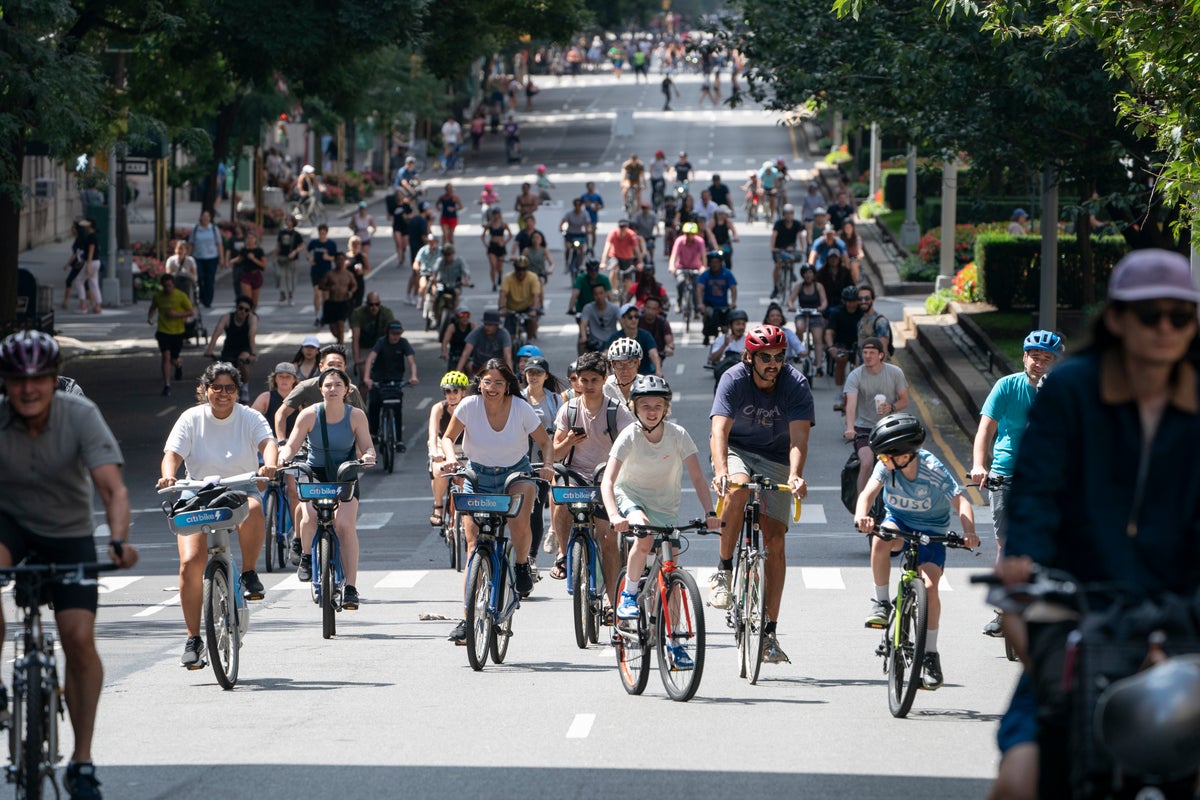
We Need to Make Cities Less Car-Dependent
Reducing the need for car travel is better for health, the environment and public safety


